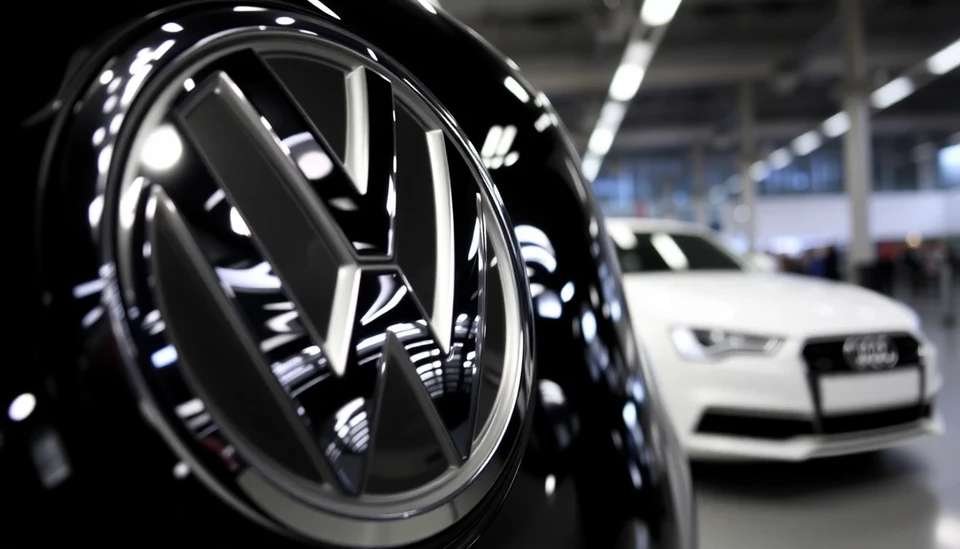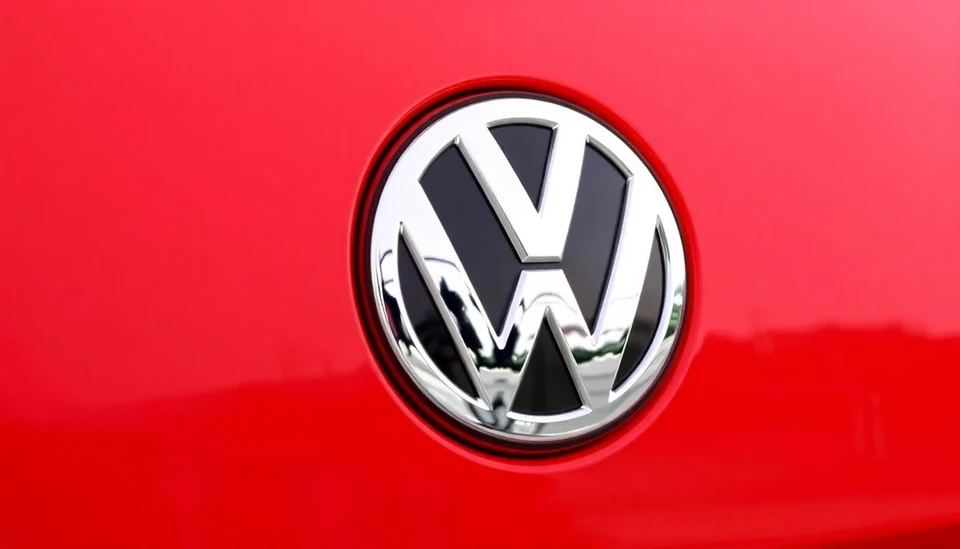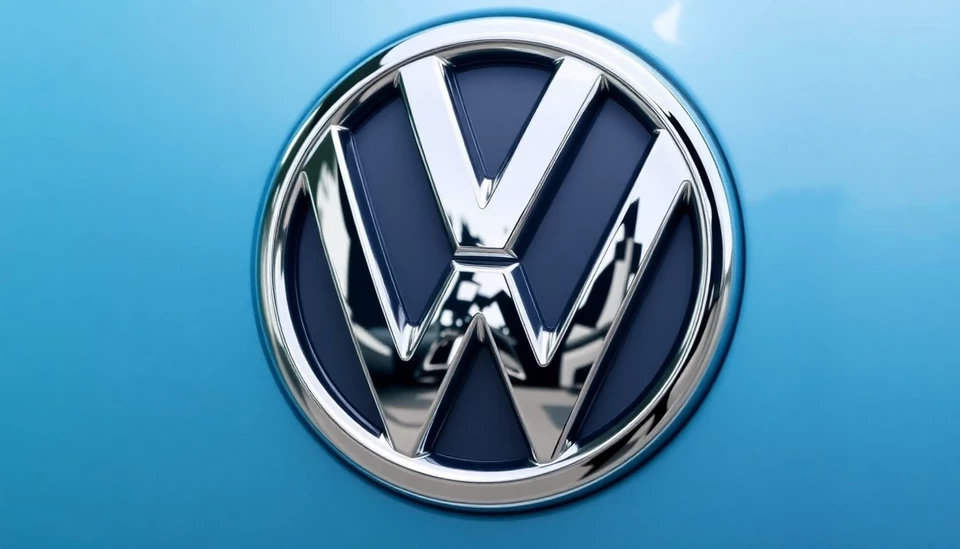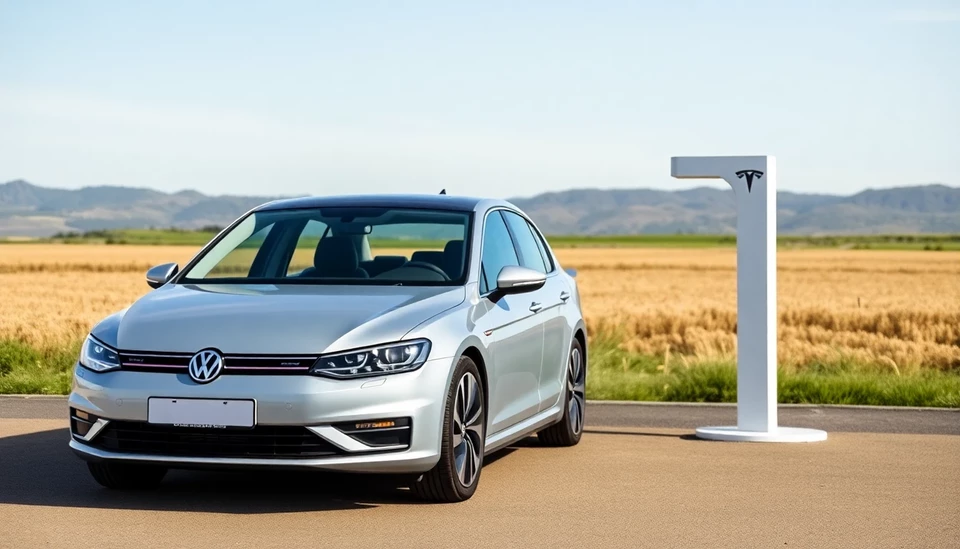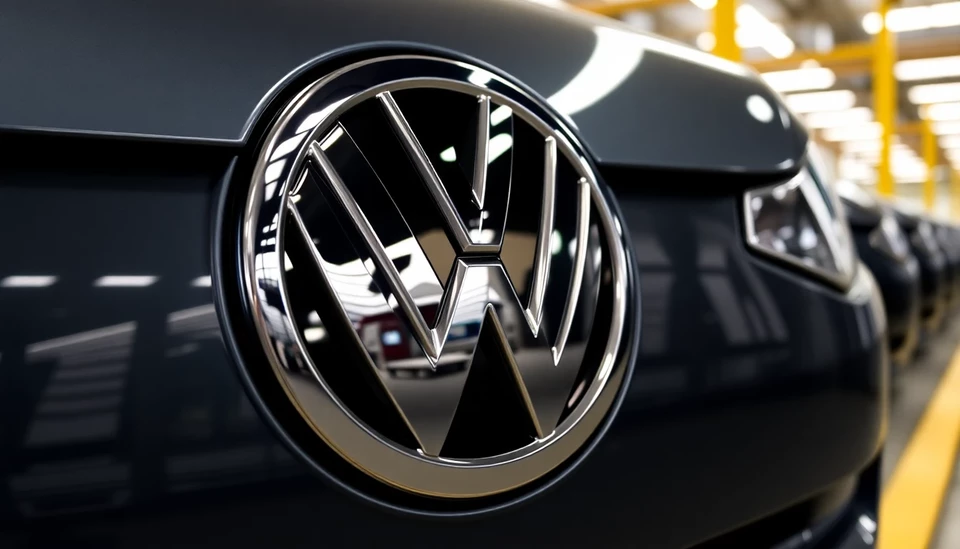
Volkswagen (VW), one of the largest automobile manufacturers in the world, is reportedly on the verge of finalizing a pivotal agreement with labor unions aimed at preserving its German production facilities. This development arises amidst ongoing discussions surrounding the transition to electric vehicles and the need for substantial changes in the labor market dynamics within the automotive industry.
The negotiations between VW and union representatives have been characterized by high stakes, as the fate of multiple car plants hangs in the balance. The proposed deal is seen as crucial for maintaining jobs within the company while also supporting the ambitious goals VW has set to shift towards a more sustainable future.
Volkswagen's commitment to electric mobility is increasingly shaping its operational strategies, and the unions' involvement is vital to ensuring that these changes are manageable for the workforce. The agreement is expected to outline various measures, including updated working conditions and the potential for job guarantees in the transition period as production methodologies evolve.
Key points of the negotiations involve aligning production schedules with the rise in demand for electric vehicles. This alignment is necessary to not only keep the plants operational but also to secure the future viability of the jobs involved. Union leaders have emphasized the importance of protecting workers’ rights amidst these transitions, signaling that while technological advancements are essential, they must not come at the expense of the workforce.
The reported deal comes at a time when several major car manufacturers are grappling with the implications of electrification and how it might impact traditional manufacturing practices. VW aims to position itself as a leader in the electric vehicle market, responding to pressure from environmentalists, regulatory bodies, and the changing preferences of consumers who increasingly prioritize sustainable options.
As the discussions draw closer to resolution, the implications of this agreement could ripple across the automotive industry, setting a precedent for how traditional manufacturing can adapt to the demands of a greener future while protecting the workforce's interests. This delicate balance between innovation and job security is one that many companies in the sector will be watching closely.
Volkswagen's proactive stance in negotiating with unions showcases its commitment not only to the markets it serves but also to the employees who are integral to its operations. The outcome of these negotiations is likely to have long-standing effects on both VW and its workforce for years to come.
As more details emerge regarding the terms of the agreement, stakeholders across the automotive landscape are keenly observing, recognizing the potential implications not just for VW, but for the entire sector as it navigates the evolving challenges of modern manufacturing.
#Volkswagen #ElectricVehicles #LaborRelations #AutomotiveIndustry #JobSecurity #Sustainability
Author: John Harris
